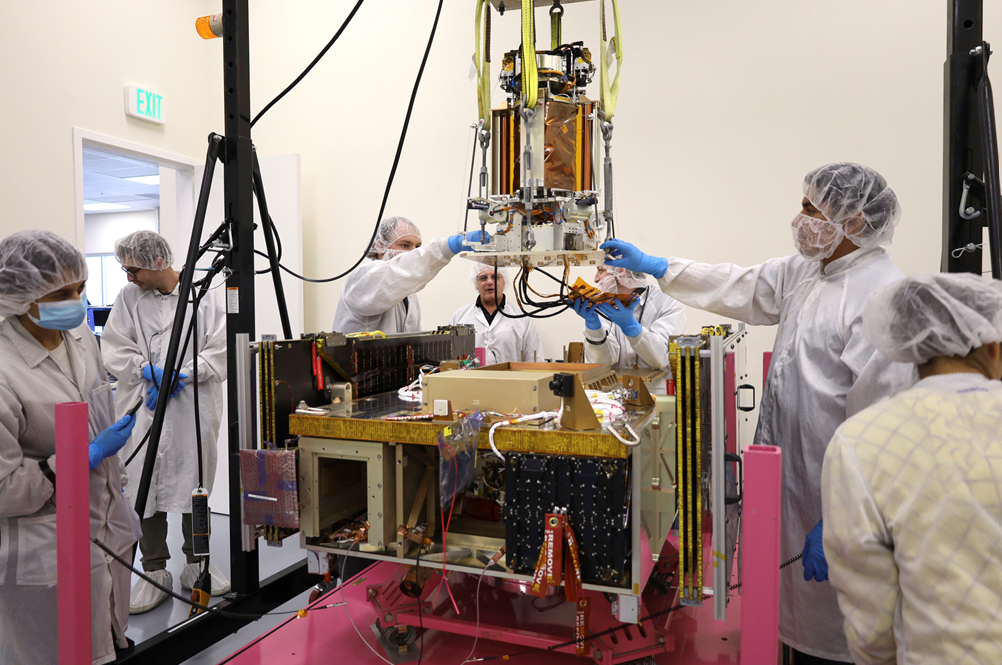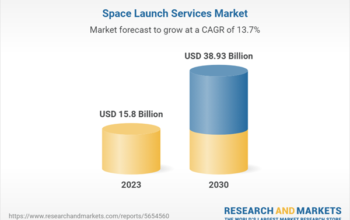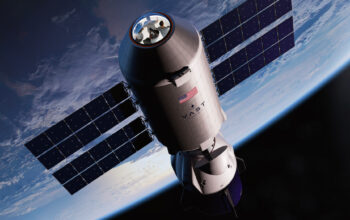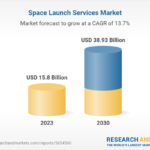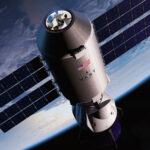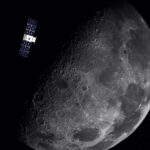Momentus Inc., a U.S. commercial space company that offers transportation and other in-space infrastructure services, launched its second demonstration flight of the Vigoride Orbital Service Vehicle (OSV) to low-Earth orbit aboard the SpaceX Transporter-6 mission today. Momentus established contact with its Vigoride vehicle on its first orbital pass and confirmed that both solar arrays are deployed, and the vehicle is generating power and charging its batteries.
Clicking on the “Read Full Article” link below will auto-scroll you to the full article (same page).
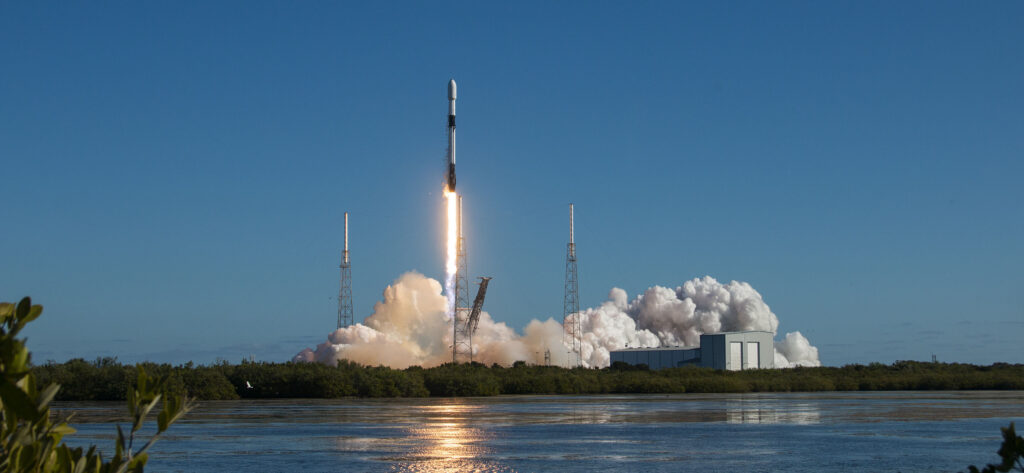
Momentus Inc., a U.S. commercial space company that offers transportation and other in-space infrastructure services, launched its second demonstration flight of the Vigoride Orbital Service Vehicle (OSV) to low-Earth orbit aboard the SpaceX Transporter-6 mission today. Momentus established contact with its Vigoride vehicle on its first orbital pass and confirmed that both solar arrays are deployed, and the vehicle is generating power and charging its batteries.
The Vigoride OSV is designed to support a range of transportation and in-space infrastructure services. A key part of the Vigoride spacecraft is the Microwave Electrothermal Thruster (MET) that is designed to use water as a propellant. The MET is designed to produce thrust by expelling extremely hot gases through a rocket nozzle. Unlike a conventional chemical rocket engine, which creates thrust through a chemical reaction, the MET is designed to create a plasma and thrust using microwave energy. Using the MET, Momentus aims to offer cost-effective, efficient, safe, and environmentally friendly propulsion to meet the demands for in-space transportation and infrastructure services.
Priorities for this flight include hosting Caltech's Space-based Solar Power Project payload, deploying a satellite with the Qosmosys Zeus-1 payload, and testing Vigoride's performance in space, including its MET system.
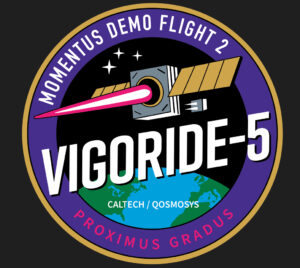
“Today's mission marks the second Vigoride launch to orbit and is the first of four missions slated for 2023,” said Momentus Chief Executive Officer John Rood. “I'm proud of the substantial progress our talented team of engineers continues to make in maturing our technology. On this flight, in addition to meeting our commitments to our customers, we'll put Vigoride through a series of tests to establish its performance in space. We're particularly interested in testing the MET as our propulsion system aims to provide greater efficiency than a chemical system while generating a higher thrust than electric propulsion. The outcomes of this mission will continue to inform our approach as we look toward advancing our service offerings and tackling the complex in-space infrastructure needs of government, civil and commercial customers.”


